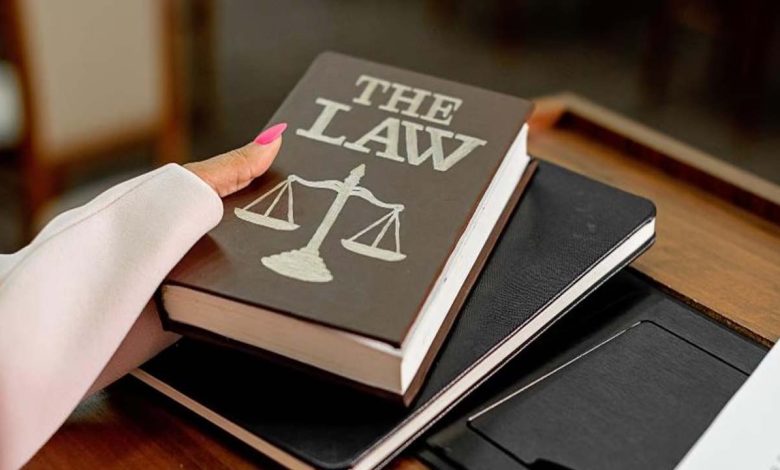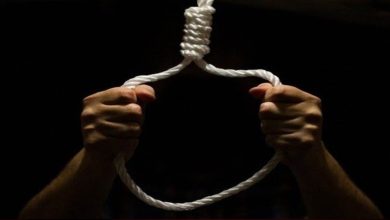Madras HC nixes plea seeking to reduce application fee for bar exam

MADURAI: The Madurai Bench of the Madras High Court dismissed a plea which sought a direction to the authorities concerned to reduce the application fee for the All India Bar Examination (AIBE), conducted by the Bar Council of India (BCI).
A division bench of Acting Chief Justice R Mahadevan and Justice GR Swaminathan passed the orders on a Public Interest Litigation (PIL) petition filed by Gokul Abimanyu, seeking a direction to the BCI to reduce the application fee for the All India Bar Examination.
Hearing the submissions, the court said the petitioner’s contention lay with the application fee and sought for its reduction. The petitioner’s counsel reiterated all the contentions listed in the affidavit and called upon the court to grant relief. “We are not impressed by the submissions of the counsel of the petitioner. Section 24 (1)(f) of the Advocates Act, 1961, stipulates that the enrolment fee payable to the state bar council is `600 and that to the BCI is Rs 150. What is presently charged by the state bar councils across the country exceeds the prescribed sum,” observed the court.
The bench further noted that a similar writ petition has been filed before the Supreme Court, and orally observed that notices were issued to the BCI and state bar council. But the issue before the Madurai Bench pertained to the examination fee for the AIBE. Unlike in the case of enrolment fee, there is no statutory provision which prescribes any particular sum as examination fee.
Dismissing the petition, the court said a mandamus can be issued only if the applicant can show the existence of a legal right. In this case, no such legal right has been shown. Even in the absence of any statutory violation, if the court finds the quantum of fee to be exorbitant, it would be justified in interfering with the same. But it is not the case. “What is being demanded from the applicants is only a sum of Rs 3,500 which cannot be said to be high. We do not find any ground to interfere,” the court said.





